José Raúl Mulino: The Leader Shaping Panama’s Future
Panama is the country I chose to call home, raise my family in, and build a life centred around freedom, opportunity, and stability. The country has...

5 min read
Panama is the country I chose to call home, raise my family in, and build a life centred around freedom, opportunity, and stability. The country has long stood as a symbol of tax haven, financial openness, and geographic advantage for those who value personal sovereignty and economic freedom. That’s exactly why it matters who runs the country.
Over a year has passed since the new President of Panama, José Raúl Mulino, was elected. Mulino’s path to the presidency was unexpected, but he won the Presidency in heated debates. His first year in office was also under intense political pressure, from legal battles over his candidacy to Trump’s bold remarks about the Panama Canal.
In this article, I’ll walk you through who Mulino is, his key moves since taking office, and what this means for expats and investors. Whether you already live here or are considering Panama as your next move, I’ll help you understand the kind of leadership that is shaping the country's future and whether it still aligns with the freedom we came here to protect.

José Raúl Mulino, a lawyer and longtime insider of Panama’s political establishment, rose from Martinelli’s disqualified running mate to president in 2024, promising order, security, and stability
José Raúl Mulino is no political newcomer. He is a trained lawyer with decades of public service experience, having served in key government roles since the 1990s. Under President Guillermo Endara, he held the post of Minister of Government and Justice. Later, under Ricardo Martinelli, he served as Minister of Public Security, where he built a reputation for tough law-and-order politics.
Mulino’s career has long been tied to the inner workings of Panama’s political establishment. For many years, Mulino was seen as a disciplined enforcer rather than a visionary leader who kept systems running but rarely challenged the status quo.
This image changed dramatically in 2024. After Martinelli was disqualified from running for office, Mulino took the spotlight in his place. A legal and political battle over his candidacy began immediately. However, the Constitutional Court ultimately ruled in his favour, and he went on to win the election. This moment reshaped his public image, and he had to prove himself in a new role as the face of stability in Panama.
The original candidate for the 2024 Presidential election was former president Ricardo Martinelli, who was leading the polls until he was disqualified due to a corruption conviction. With the clock ticking, Martinelli’s running mate, Mulino, was pushed into the race as a last-minute replacement.
At the same time, the public mood in Panama was tense. Voters were fed up with years of corruption investigations, political gridlock, and waning trust in politicians. They weren’t looking for a revolutionary. They wanted someone who could bring order without making things worse. People demanded accountability, and the system bent without breaking.
Mulino didn’t promise sweeping reforms or ideological crusades. He promised competence, control, and a return to stability, security, and national identity. In a chaotic field, he came across as the adult in the room. Not perfect, not flashy, but decisive. That was precisely what many Panamanians were ready to vote for.
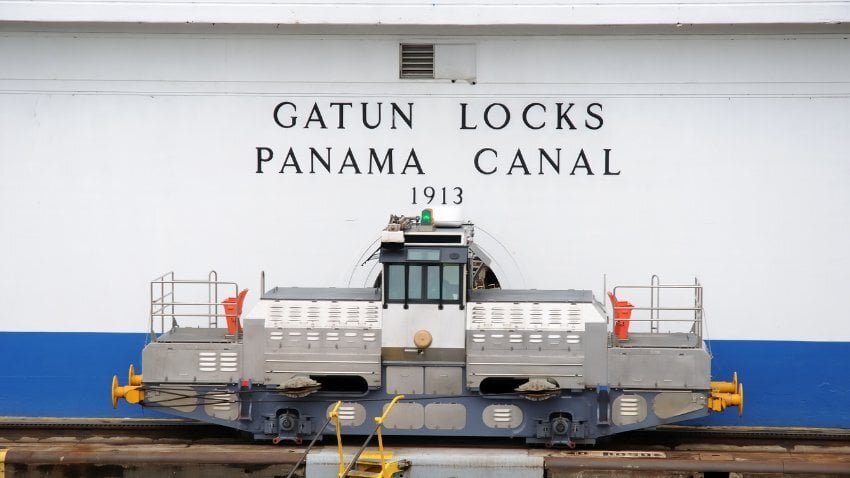
Mulino’s presidency is defined by bold moves: migration crackdowns, Canal water projects, copper mine reopening, fiscal reforms, and a push to make Panama a hub for crypto and blockchain innovation
Mulino didn't ease into the office, and he got straight to work. His presidency has already been defined by bold, high-stakes decisions that signal a no-nonsense, results-driven leadership style.
One of his first major moves was to close the Darién Gap, a jungle corridor used by hundreds of thousands of migrants. Mulino launched the deportation of illegal immigrants and reinforced border control in cooperation with the U.S. The message was clear: Panama is not a highway for uncontrolled migration.
Due to growing concerns over water shortages that threaten the Canal's long-term capacity, Mulino backed a major infrastructure project to secure its water supply. The move was urgent and strategic since Panama depends on this crucial global route.
Despite massive public protests in 2023, Mulino supported reopening Panama's major copper mine since he prioritizes jobs, revenue, and economic pragmatism over populist pressure. Even though it was a politically risky decision for him, it was the right decision for long-term fiscal responsibility.
Mulino has started pushing reforms to address a growing public deficit and an unsustainable social security system. Although he has made some progress, such as raising the retirement age, reforms are slow. However, he continues to debate solutions in a politically sensitive area, proving he is willing to confront difficult issues.
When Trump suggested the U.S. should "take back" the Panama Canal, it caused confusion and anger among locals and expats. The fear was understandable since the Canal symbolizes national sovereignty and is a cornerstone of investor confidence in Panama. From the first days of the crisis, I explained that it wasn't a real threat, but Trump was just trying to gain leverage in the deal. Mulino responded calmly and clearly, reaffirming Panama's ownership and commitment to neutrality. For citizens and expats alike, his steady handling of the situation was a reminder that Panama's independence is firmly intact.
At Panama’s first major blockchain event, President José Raúl Mulino will take the stage as one of the main speakers, presenting his vision of positioning the country as a leading hub for Bitcoin and cryptocurrencies. His agenda reflects a commitment to innovation and financial competitiveness, signalling that Panama is ready to embrace the future of digital assets.
Supporting this vision, the Mayor of Panama City, Mayer Mizrachi, is implementing a practical approach by integrating cryptocurrencies into everyday life, soon allowing residents to pay municipal taxes, fees, fines, and even bus tickets in Bitcoin, Ether, USDC, and USDT, seamlessly converted into dollars through banks. Together, Mulino and Mizrachi are sending a strong message that Panama is open for blockchain, crypto, and pioneering investment.
Panama remains one of the best jurisdictions in which freedom-minded individuals and international entrepreneurs can live, invest, and build a future. Despite political shifts, the fundamentals haven’t changed:
Panama still offers a dollarized economy that eliminates currency risk. The economy is constantly growing, and there has been no inflation risk for decades.
Its territorial tax system means foreign-earned income isn’t taxed locally, which is ideal for remote workers, investors, and retirees.
The country’s residency program is among the best in the world, offering immediate permanent residency with a clear and accessible process that also extends to your family.
Families benefit from legal homeschooling, allowing parents to educate their children as they see fit.
Investors enjoy secure banking with a strong financial infrastructure and asset protection options.
Healthcare is affordable and high-quality, with private clinics and hospitals accessible nationwide.
Expats thrive in well-established communities, whether they choose the beaches, the mountain towns, or the capital city.
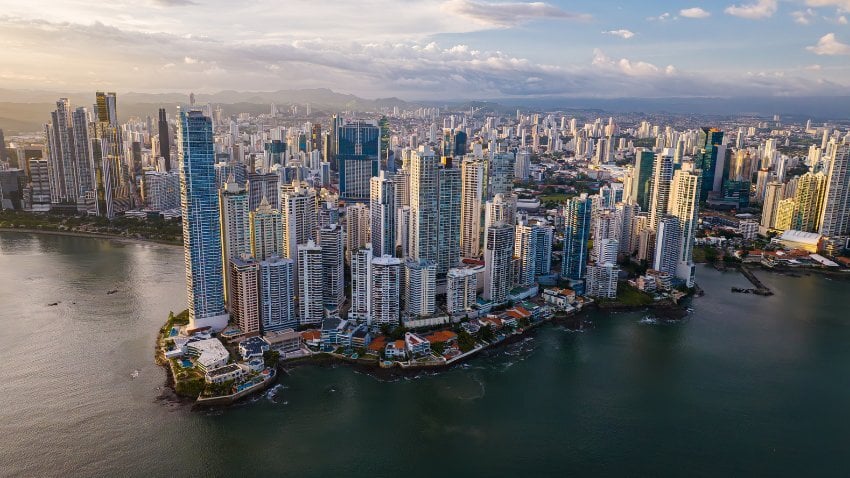
Mulino’s pragmatic leadership keeps Panama investor-friendly and stable. With strong fundamentals, it remains a top expat hub
Mulino is a pro-market leader who understands what makes Panama work. He’s kept the country investor-friendly and open to global capital, mitigated international challenges, and focused on stability over ideology.
Panama’s fundamentals remain intact. The economy is strong, the institutions are functional, and the challenges it faces, while real, are being addressed with measured pragmatic leadership. Panama continues to deliver where it counts for expats and investors who value freedom, opportunity, and predictability.
Although Panama has opened its doors to expats, timing is key. Through the reputable Panama Qualified Investor Visa, permanent residency can be obtained with a $300,000 USD real estate investment, but this minimum threshold is set to rise to $500,000 USD in October 2026. Acting now is not only less costly but also more beneficial for your long-term financial freedom. Today is the right time to build your Plan-B. Start by downloading our free Plan-B Residencies & Instant Citizenships Special Report.
If you want the best intel from the expat world, including profitable offshore opportunities, little-known tax-saving strategies, and hard-won insights on immigration, passports, and Plan-B residencies, all delivered to your inbox every single week, then join our daily correspondence, EMS Pulse®. Currently enjoyed by over 84,000 expats and expat-hopefuls worldwide. Fill in the form below to join our newsletter free:

Written by Mikkel Thorup
Mikkel Thorup is the world’s most sought-after expat consultant. He focuses on helping high-net-worth private clients to legally mitigate tax liabilities, obtain a second residency and citizenship, and assemble a portfolio of foreign investments including international real estate, timber plantations, agricultural land and other hard-money tangible assets. Mikkel is the Founder and CEO at Expat Money®, a private consulting firm started in 2017. He hosts the popular weekly podcast, the Expat Money Show, and wrote the definitive #1-Best Selling book Expat Secrets - How To Pay Zero Taxes, Live Overseas And Make Giant Piles Of Money, and his second book: Expats Guide On Moving To Mexico.
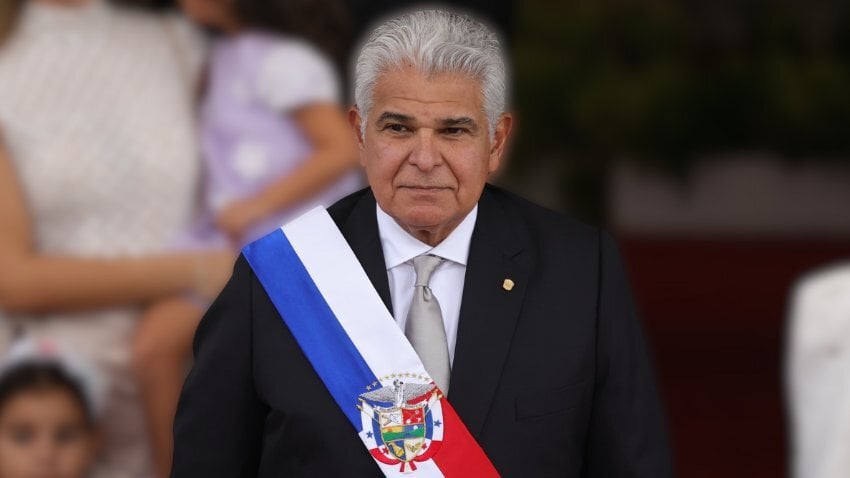
Panama is the country I chose to call home, raise my family in, and build a life centred around freedom, opportunity, and stability. The country has...
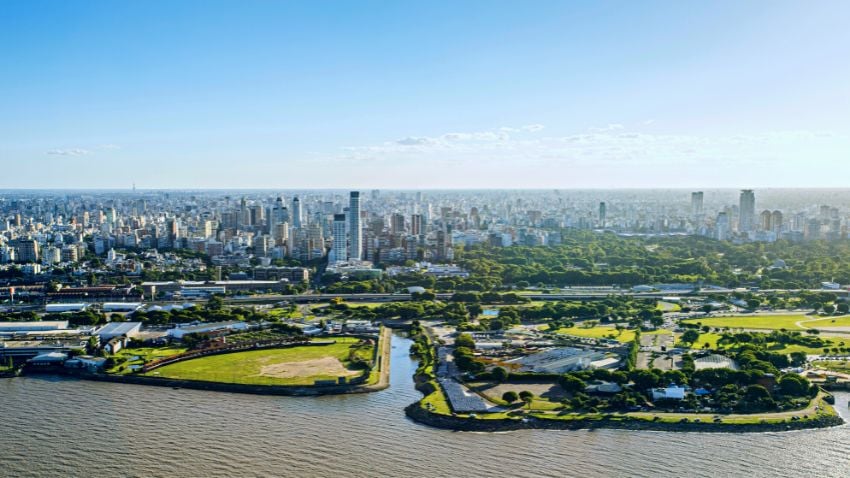
Argentina is back in the headlines, and my inbox has been flooded with questions about the country. With President Javier Milei shaking things up,...
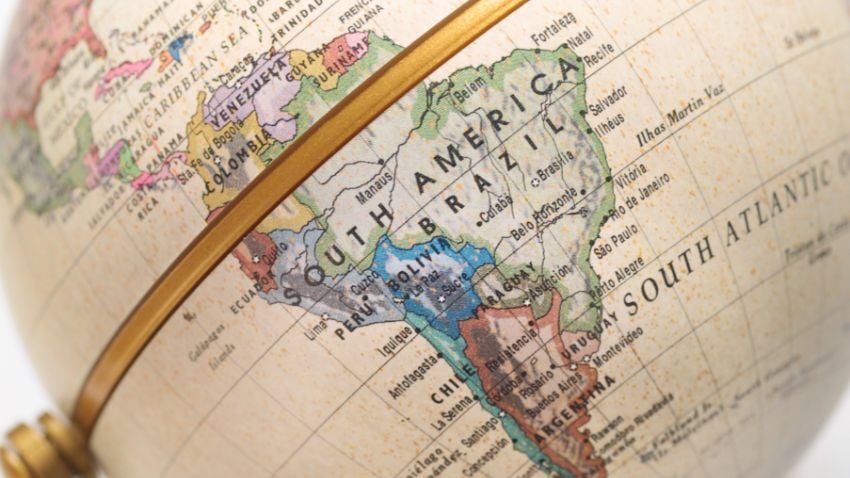
Latin America encompasses a remarkably diverse range of countries known for their distinctive histories, characteristic cities, and unique...